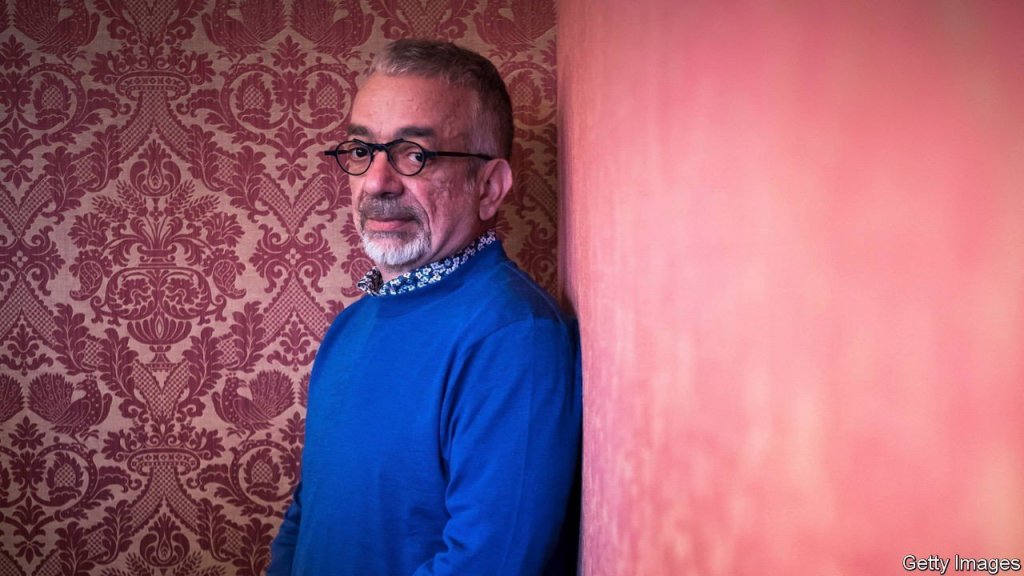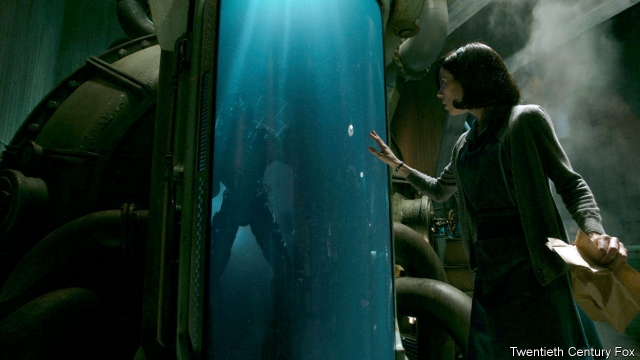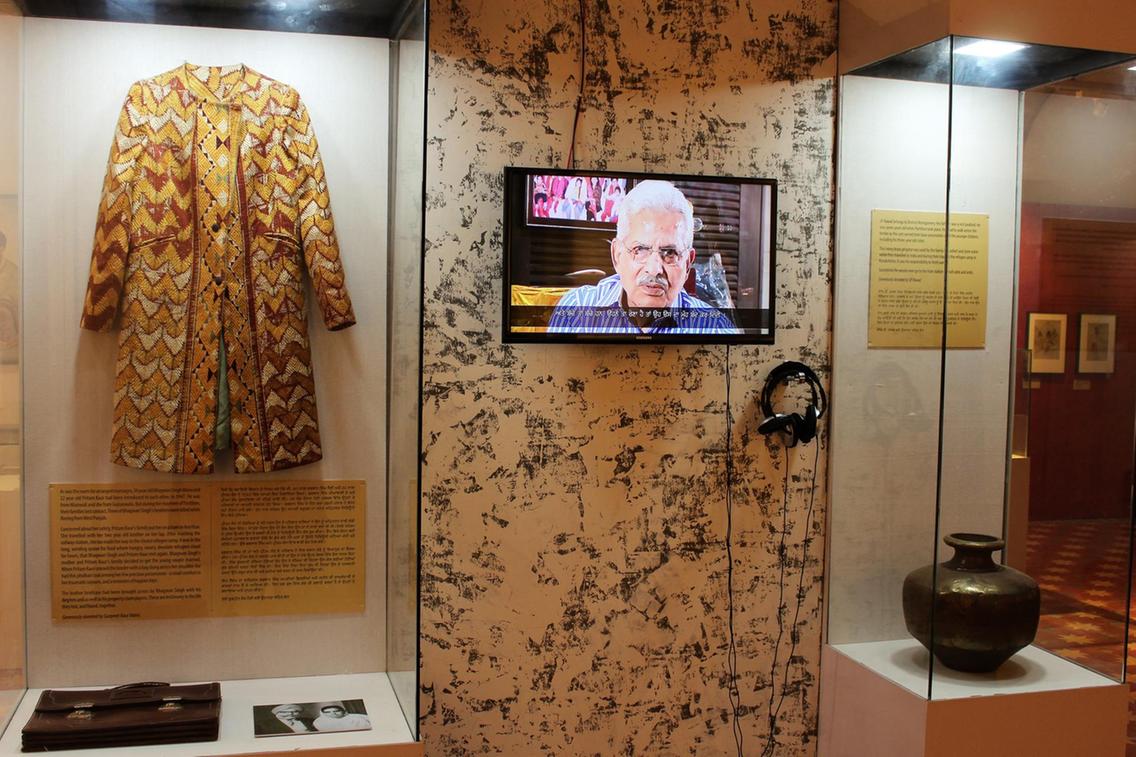The Lebanese writer wants to change the world, one novel at a time.

This story was originally published by The Economist.
October 4, 2021
Born in Jordan in 1959, Rabih Alameddine had an itinerant childhood. He was brought up in Kuwait and Lebanon; when civil war broke out there in 1975 he was sent to live in England. He later moved to California to study engineering, then embarked on a career as a painter before releasing his debut novel, “Koolaids”, in 1998, when he was nearly 40. The book revisited two crises that had shaped those formative years: the Lebanese civil war and the AIDS epidemic that afflicted gay communities in the 1980s. (Mr Alameddine is himself gay.) “Koolaids” announced him as a writer capable of combining tragedy and social commentary with biting black humour.
His five subsequent novels experimented with structure and voice, touching on family politics, Lebanon’s violent history and the ability—or inability—of literature to “make sense of the senseless”. The protagonist of “I, the Divine” (2001) compulsively writes and rewrites the story of her life; “An Unnecessary Woman” (2014) is narrated by a reclusive old lady who secretly translates literary classics into Arabic. “The Angel of History” (2016) is set in the waiting room of a psychiatric clinic as the narrator, a masochistic Yemeni poet, reflects on his experiences as a gay man in San Francisco during the AIDS crisis. Mr Alameddine says he is “fascinated by people who are on the margins but not so far outside that they cannot be seen”.
Continue reading







